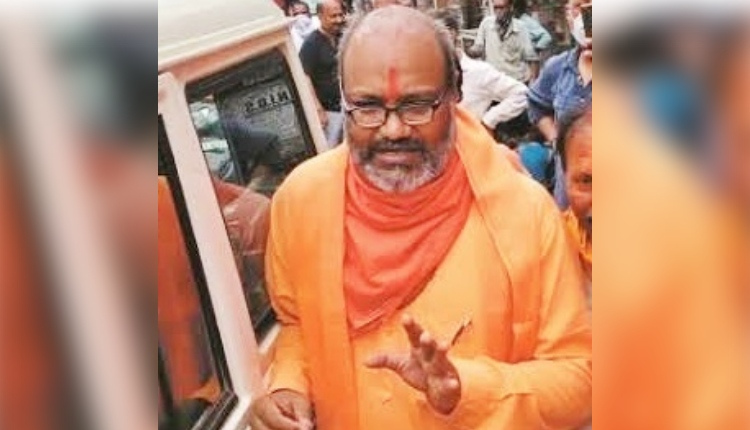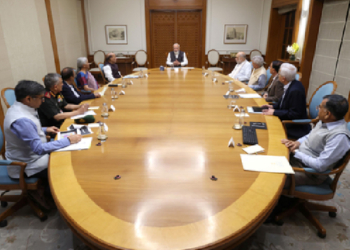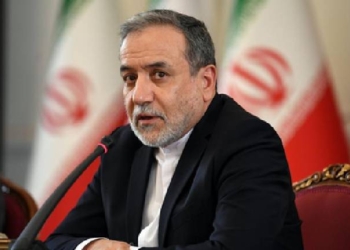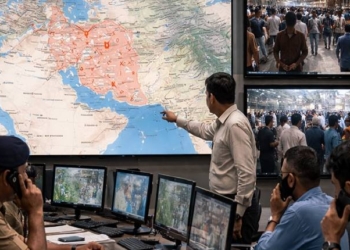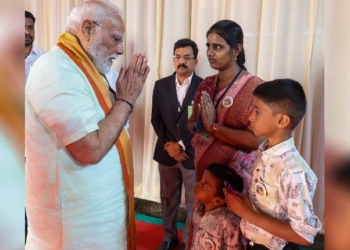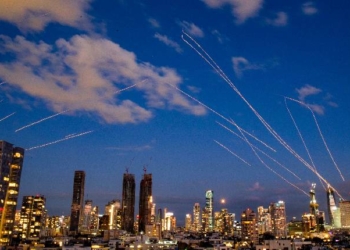New Delhi: While Uttar Pradesh is gearing up for bypolls in ten Assembly seats, a communally charged atmosphere is brewing, which could significantly impact voter behaviour and the electoral outcome.
The communal tension has escalated, particularly following controversial remarks by Yati Narsinghanand, the head priest of the Dasna Devi temple in Ghaziabad.
In reaction to his statements, various Muslim outfits have mobilised protests across the state, while Hindu groups are planning a large gathering in Ghaziabad to support Narsinghanand.
On October 13, various Hindu outfits, including the Hindu Raksha Dal, Shiv Sena (UBT), Gau Raksha Dal, Bajrang Dal, and Hindu Yuva Vahini, will convene a Mahapanchayat at the Ghaziabad collectorate. Tensions reached a peak when a mob allegedly attacked the Dasna temple, prompting police action and the establishment of a security camp around the site.
Hindu groups are demanding the swift arrest of those responsible for the temple attack, warning that failure to meet their demands could lead to larger protests. In response, the police have enforced prohibitory orders in Ghaziabad to prevent gatherings, asserting that no permissions have been granted for the planned rally.
Observers say that the atmosphere of communal discord is likely to polarise voters, making it a crucial factor in the upcoming by-elections. Many political analysts believe that the heightened tensions could drive voter alignment along communal lines, potentially swaying undecided voters towards parties that resonate with their religious identity.
While leaders from the Samajwadi Party (SP) denounce Narsinghanand’s comments, BJP representatives, such as Nand Kishore Gurjar MLA from Loni, are vocal against the violence directed at the temple.
As political parties intensify their campaigns, the BJP expresses confidence in winning all ten seats, while the SP is equally determined to secure a sweeping victory. Led by Akhilesh Yadav, the SP has already announced candidates for six seats, apparently ignoring Congress in light of its recent dismal performance in Haryana.
Given the volatile atmosphere, the communal tensions unfolding in Uttar Pradesh may not only influence party strategies but also reshape the electorate’s sentiments, making the by-elections a critical test of political resilience in a polarised environment.




